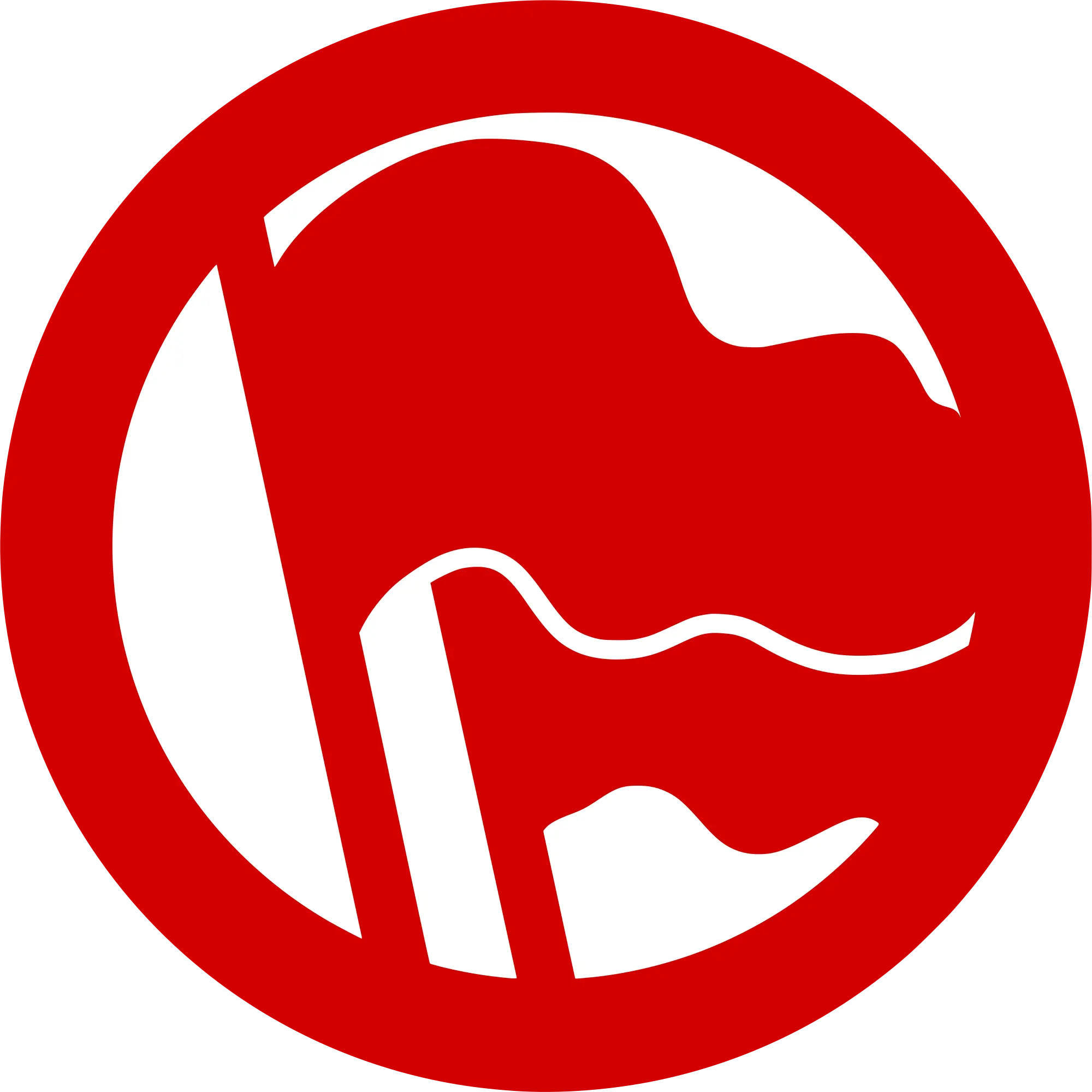At its root, capitalism is an economic system based on three things: wage labour (working for a wage), private ownership or control of the means of production (things like factories, machinery, farms, and offices), and production for exchange and profit.
While some people own means of production, or capital, most of us don’t and so to survive we need to sell our ability to work in return for a wage, or else scrape by on benefits. This first group of people is the capitalist class or “bourgeoisie” in Marxist jargon, and the second group is the working class or “proletariat”. See our introduction to class here for more information on class.
Capitalism is based on a simple process – money is invested to generate more money. When money functions like this, it functions as capital. For instance, when a company uses its profits to hire more staff or open new premises, and so make more profit, the money here is functioning as capital. As capital increases (or the economy expands), this is called ‘capital accumulation’, and it’s the driving force of the economy.
Those accumulating capital do so better when they can shift costs onto others. If companies can cut costs by not protecting the environment, or by paying sweatshop wages, they will. So catastrophic climate change and widespread poverty are signs of the normal functioning of the system. Furthermore, for money to make more money, more and more things have to be exchangeable for money. Thus the tendency is for everything from everyday items to DNA sequences to carbon dioxide emissions – and, crucially, our ability to work - to become commodified.
And it is this last point - the commodification of our creative and productive capacities, our ability to work - which holds the secret to capital accumulation. Money does not turn into more money by magic, but by the work we do every day.
In a world where everything is for sale, we all need something to sell in order to buy the things we need. Those of us with nothing to sell except our ability to work have to sell this ability to those who own the factories, offices, etc. And of course, the things we produce at work aren’t ours, they belong to our bosses.


